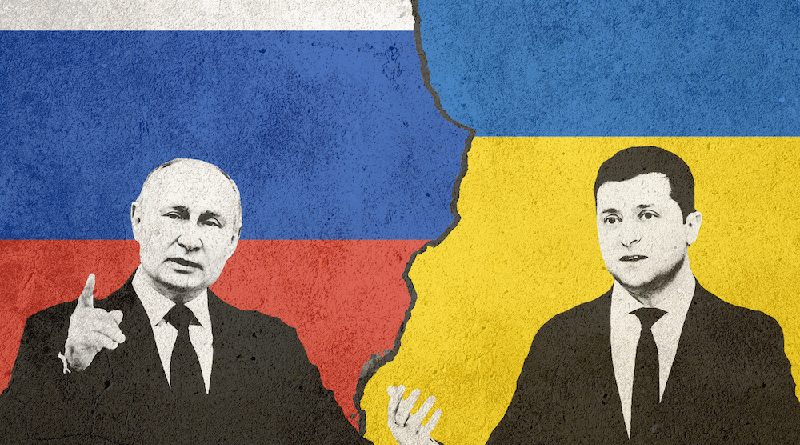Ukrainian President Volodymyr Zelenskiy, speaking during an official visit to the Czech Republic, said on Sunday that a ceasefire in the war with Russia could begin immediately, urging stronger international pressure on Moscow to support diplomatic efforts.
During a joint press conference in Prague with Czech President Petr Pavel, Zelenskiy emphasized that without increased sanctions and unified Western support, the Kremlin would not take meaningful steps toward ending the conflict.
“We believe that without increased pressure, Russia will not take real practical steps to end the war,” Zelenskiy told reporters. “A ceasefire is possible at any moment — even starting today — and should last at least 30 days to give diplomacy a real chance.”
Zelenskiy Calls for Ceasefire with Russia: Is It Possible Now?
Zelenskiy criticized Moscow’s inaction regarding a U.S.-backed proposal for a 30-day ceasefire, which he said has been ignored for 54 consecutive days. The proposal, initially introduced in March, calls for a complete halt to hostilities to allow time for diplomatic negotiations.
Russian President Vladimir Putin recently announced a three-day ceasefire from May 8–10, tied to the 80th anniversary of the Soviet Union’s victory over Nazi Germany in World War II. However, Zelenskiy dismissed the offer as symbolic and insufficient.
“Such a measure is pointless,” Zelenskiy said. “We need a real, unconditional ceasefire of at least 30 days to open the door for genuine diplomacy.”
Czech Republic’s Military Support for Ukraine
The Czech Republic has remained one of Ukraine’s most reliable partners since Russia launched its full-scale invasion in 2022. Through a coordinated initiative, the Czech government has played a central role in delivering large-caliber ammunition to Ukrainian forces.
President Pavel stated that Ukraine received 1.6 million rounds of large-caliber ammunition over the past year, with plans to deliver 1.8 million rounds in 2025, supported by NATO and allied nations.
Zelenskiy praised the program as “effective” and noted that future cooperation will include military aviation projects, the expansion of pilot training programs, and continued support for Ukraine’s F-16 fighter fleet.
Can Russia Accept Zelenskiy’s Ceasefire Proposal?
Zelenskiy also called for a three-pronged strategy to counter Russia’s aggression: enhanced sanctions, increased military assistance, and deeper European defense coordination.
“Three things are needed,” he said. “More sanctions against Russia, continued support for Ukraine, and a significant increase in defense cooperation across Europe. Russia must know that Europeans will defend themselves.”
President Pavel echoed this sentiment, noting that the ultimate decision to end the war rests with President Putin.
“If someone has all the cards in their hand to end the war, it is President Putin,” Pavel said. “He can do it with a single decision. But so far, the will has not appeared.”
Upcoming Talks and Focus on Ceasefire Diplomacy
President Zelenskiy confirmed that he would meet Czech Prime Minister Petr Fiala on Monday, with the Czech-led ammunition initiative expected to be one of the primary topics of discussion.
In a post on X (formerly Twitter) over the weekend, Zelenskiy stated that he is preparing for upcoming foreign policy meetings focused on increasing pressure on Moscow and advancing the ceasefire proposal.
He also revealed that he had spoken with former U.S. President Donald Trump on the sidelines of Pope Francis’ funeral at the Vatican on April 26. The two leaders reportedly agreed that a 30-day ceasefire is the correct first step toward ending the war.
As the war continues into its third year, the call for a genuine ceasefire is growing louder. President Zelenskiy’s visit to Prague underscores Ukraine’s urgent push for international support and practical measures to bring about a diplomatic solution.
With the Czech Republic playing a pivotal role in military aid and diplomacy, and allies like the U.S. backing a longer-term ceasefire plan, the coming weeks may prove critical in determining whether peace talks can move forward — or whether Moscow will continue to resist international pressure.





Leave A Comment